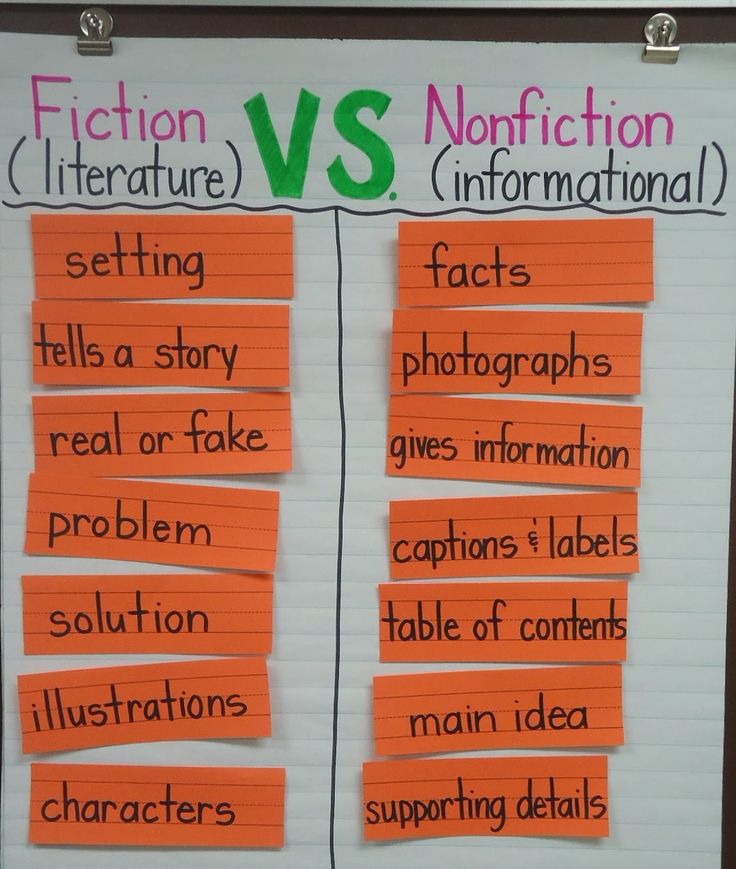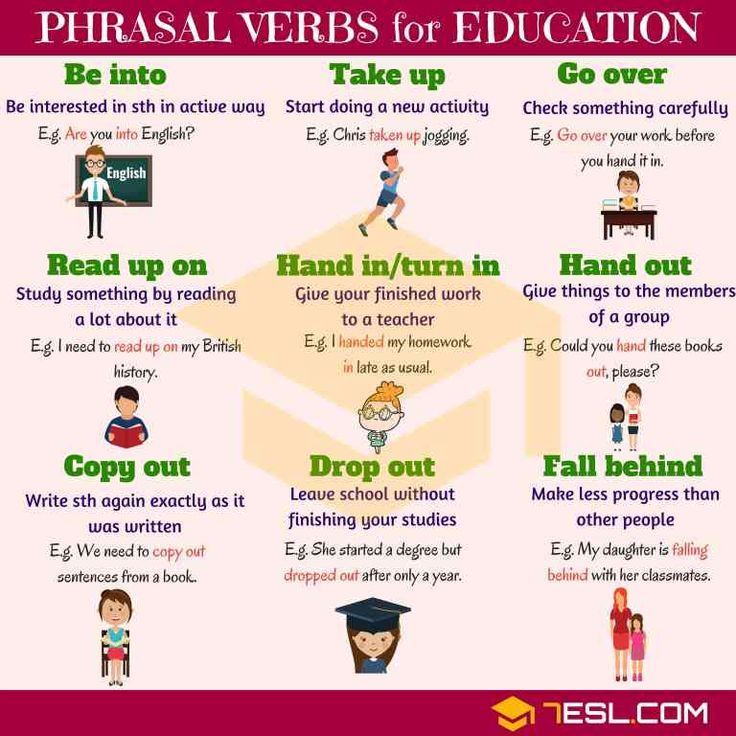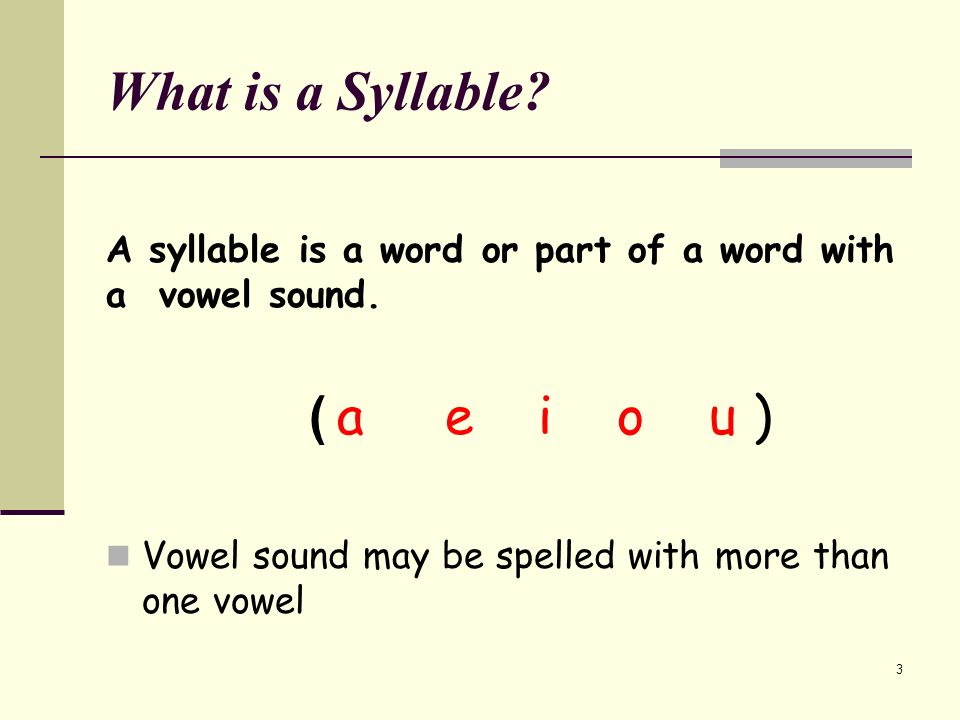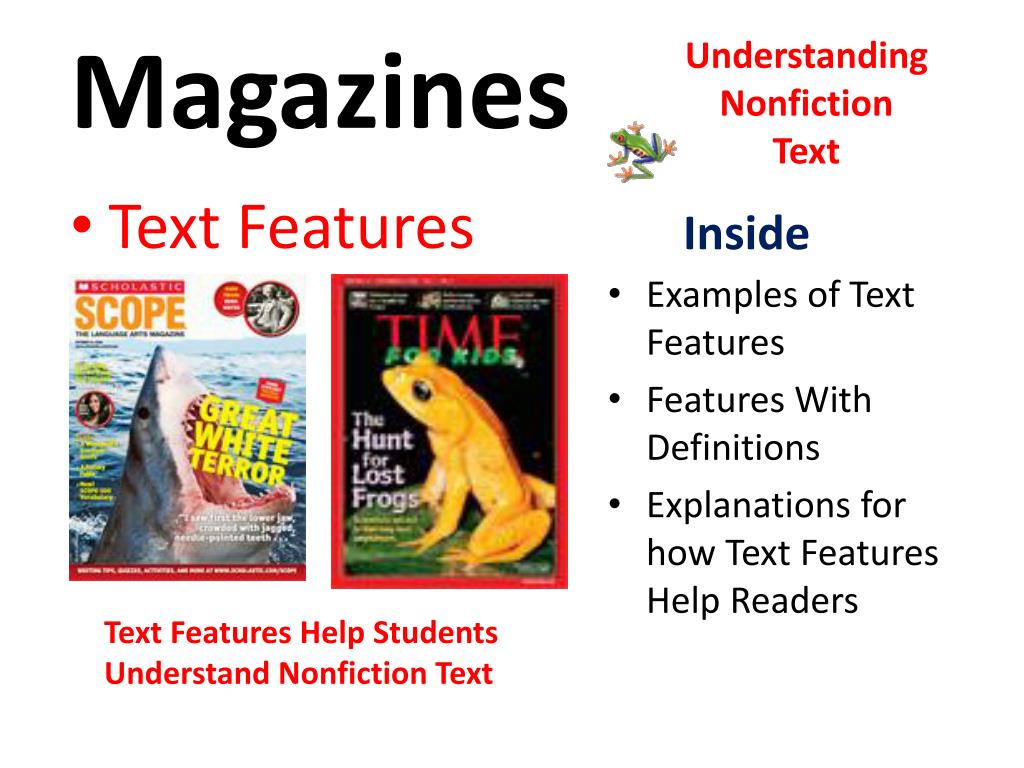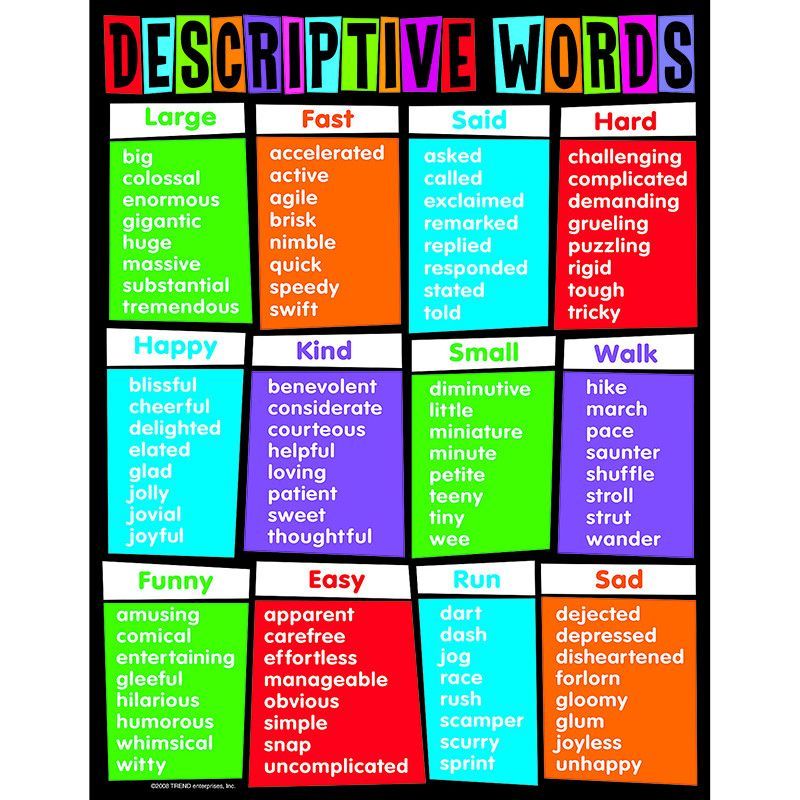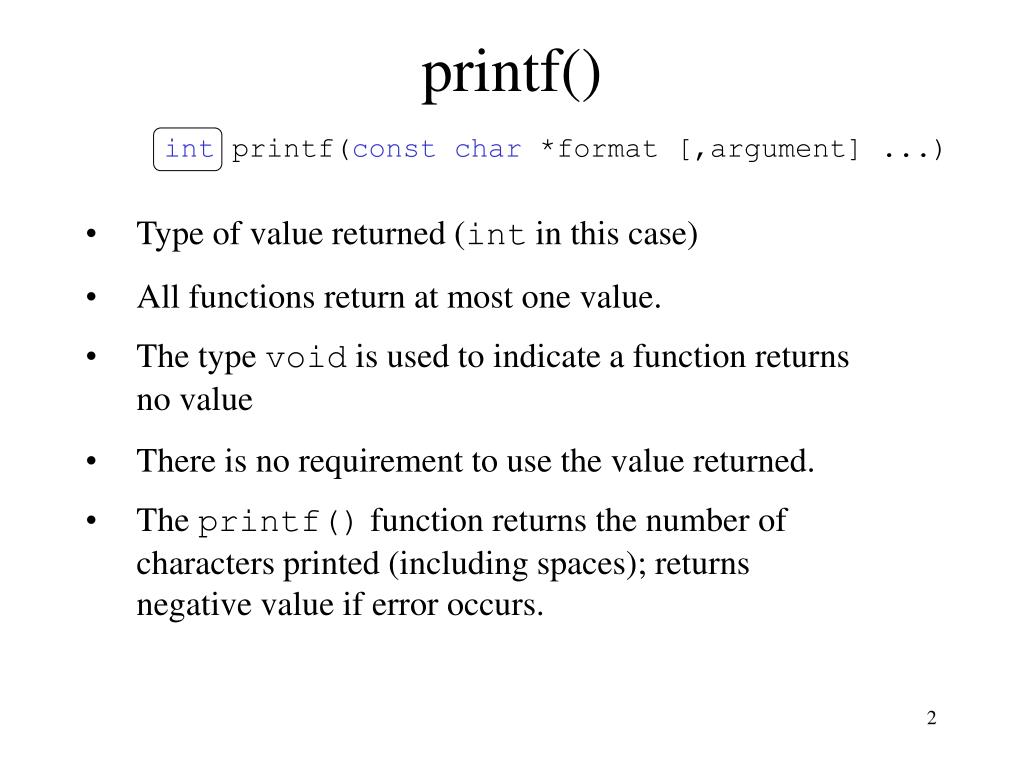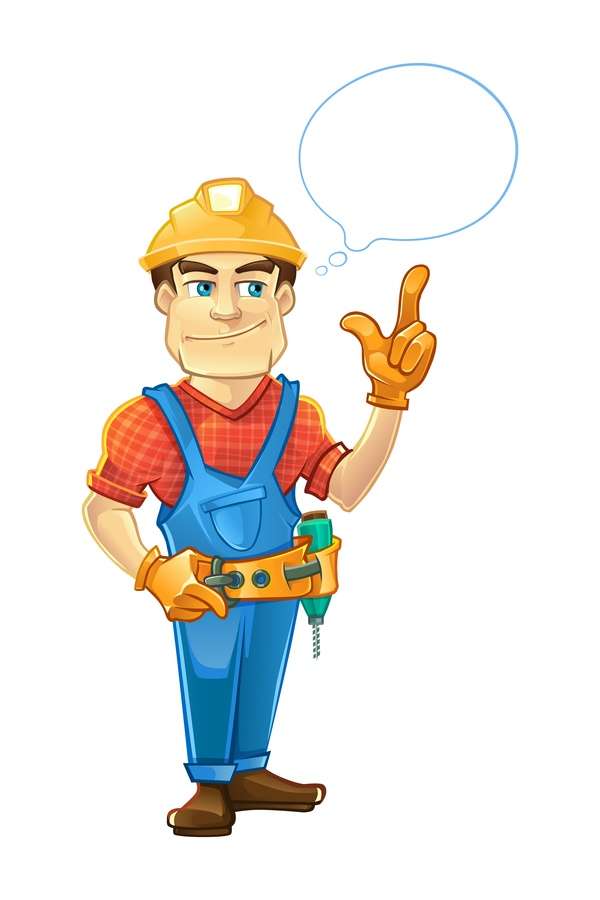Easy words to learn
41 Basic English Words That Every Beginner Should Already Know
What are the basic English words you must know as a beginner? In this post, we'll share 41 of the best ones you should know and learn today!
January 22, 2021
Ready to begin learning English words? You’re at the right place.
When starting at the beginning, many English learners choose different paths to memorize their new tongue. Some look to start new conversations while others focus on areas of interest to begin. This is a strategy employed by many travelers. Meanwhile, others learn the curse words in English and go from there.
Another approach is to learn the basics of the language. Learn the most English common words first. Pursuing this route should leave you with a foundation of words to understand and use in a variety of circumstances.
English has tons of basic words you need to know. These 40+ basic English words will get you moving in the right direction.
41 Simple English Words That Every Beginner Should Already Know
English Nouns1.
People (and the singular 'person') is a basic English word for someone learning the basics of the language. It ranks in the top 40 percentile of words used in the language. And unless you plan to live a remote existence, this word will come up often in your dialogue.
Good example: There are so many people in Times Square!
2. Thing
'Thing' is one of the most common words a basic English speaker should know. It's broad, vague and perfect for countless interactions.
Good examples: What is that thing?, That is my favorite thing to do!, Do you remember the name of that thing?
3. Time
'Time' ranks in the top 10% in popular English words. This word helps you ask recall the past, schedule time for the future and establish the present moment.
Good examples: Do you remember that time we went to Disneyland?, What time should we meet?, What time is it?
4. Day
While it won’t be the most common noun English speakers use, ‘day’ is an effective noun to know as you begin learning the language.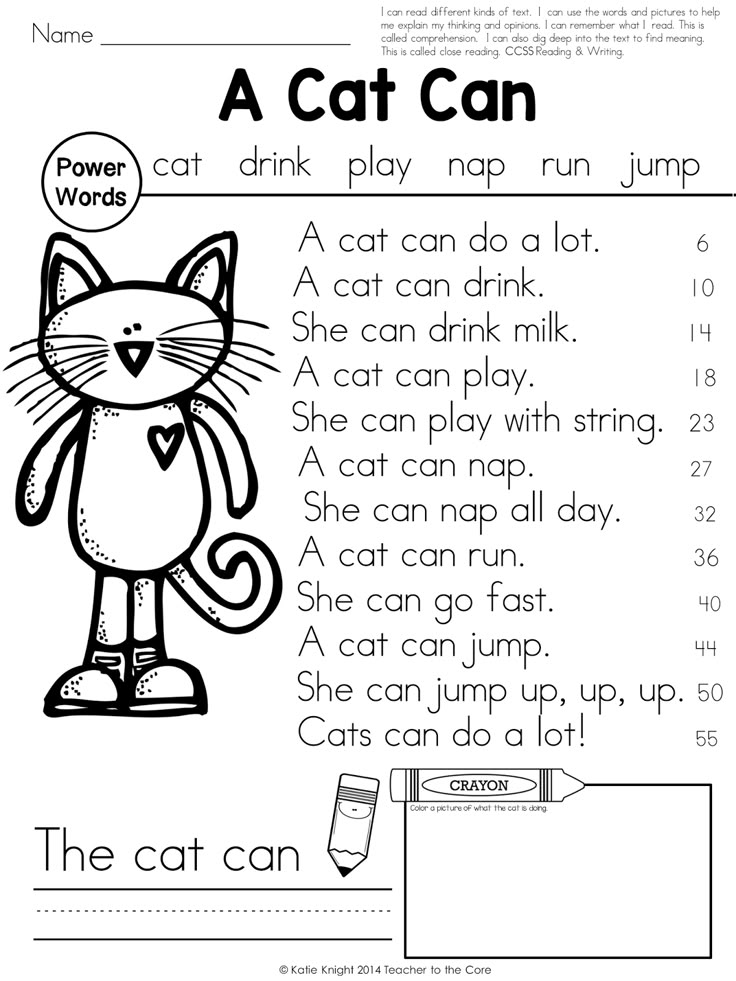
Good examples: Have a great day!, How is your day?, What day is it?
5. Man
Whether discussing an individual or the concept of humanity, ‘man’ is a word English speakers use quite often.
Good example: That man is wearing a hat.
6. Woman
Women make up almost 50% of the global population. Just like ‘man,’ ‘woman’ and its other forms is a key word to understand in English.
Good example: I am a woman, and so are you.
7. Child
Along with ‘children’, this word ranks in the top 20% of English words.
Good example: The woman took her son to the pool.
Verbs in English8. (To) Be
'Be' is used as both an auxiliary and intransitive word. Its other tenses (was, were, been) make it virtually impossible to go a day without speaking some of these basic English words.
Good example:
I want to be a doctor after college.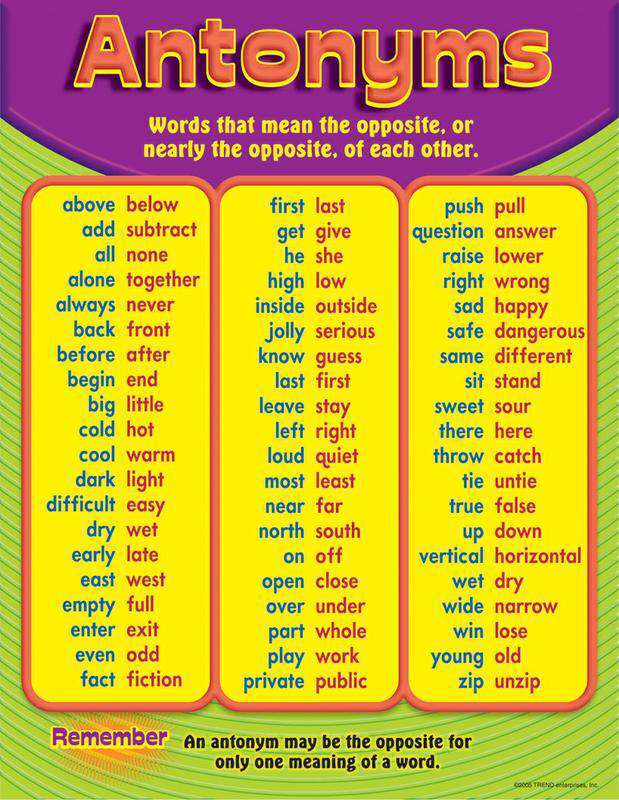
9. Have
Another essential in the verbs category, this word indicates what you or someone holds.
Good example: I have three meetings today.
10. Do
One of English’s most versatile words. Once you know ‘do’ and its other tenses, the language becomes much easier to understand.
Good examples: I have so much to do today., What did you do?
11. Say
While not as common as the other verbs mentioned in this list, ‘say’ is a huge help for beginners.
Good examples: How do you say this word?, What did you say?
12. Go
Know this word and its tenses to express an array of movement.
Good examples: Where do you want to go today?, I have to go to the store.
13. Get
Similar to ‘have,’ this word is a basic English word essential to expressing possession.
Good examples: I get to see my parents tonight.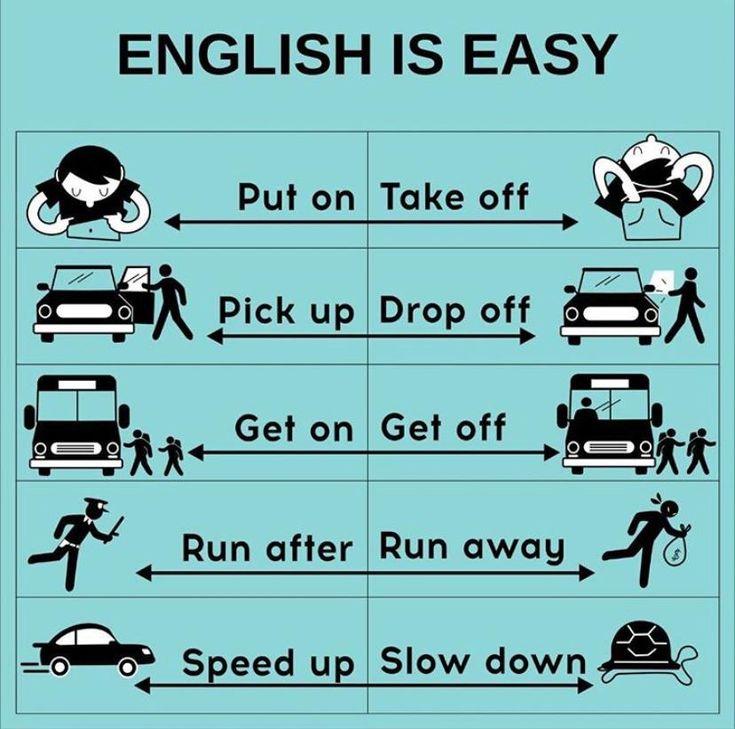 , What did you get for your anniversary?
, What did you get for your anniversary?
14. Make
'Make' and its other tenses help speakers express an array of actions. From preparing to creating, 'make' is a word you will use this verb quite often.
Good example: My family taught me how to make our famous recipes.
15. Know
If you want to express your understanding of an idea or situation, ‘know’ is the word a basic English speaker needs to use.
Good example: I know that Saturday is the day after Friday.
16. See
Vision is essential. If you want to verbalize your vision, this is the word to use.
Good examples: I see that your shirt is blue., Do you see your brother over there?
17. Come
Another verb for movement. Knowing this word will help you also express arrivals and other uses you will understand as your learning progresses.
Good examples: Come here, please., Can you come to the office this afternoon?
18.
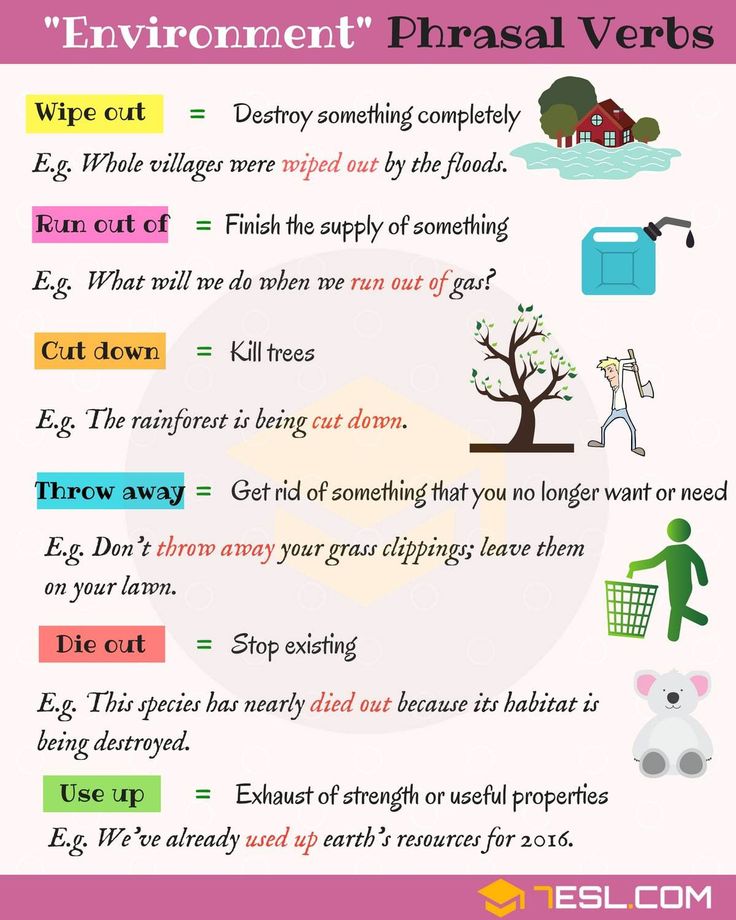 Look
Look Along with ‘see,’ look expresses your vision or to command someone’s attention. It also is used to represent research, editing and other thorough examinations of subjects.
Good examples: Look towards the teacher., I’ll look up the best restaurants on Yelp.
19. Want
This is the word for basic English speakers when they need to show their desire for something.
Good examples: I want to eat my lunch., What do you want to do this weekend?
20. Use
When wanting to put something into effect, this is the word to use. From basic to complicated English concepts, ‘use’ is the word to - well - use.
Good example: Your bedroom could use a good cleaning.
Verb Conjugations in English
21. As
'As' can be used when comparing something or being specific.
Good example: He’s twice as tall as his next sibling., As a police officer, he understands the law quite well.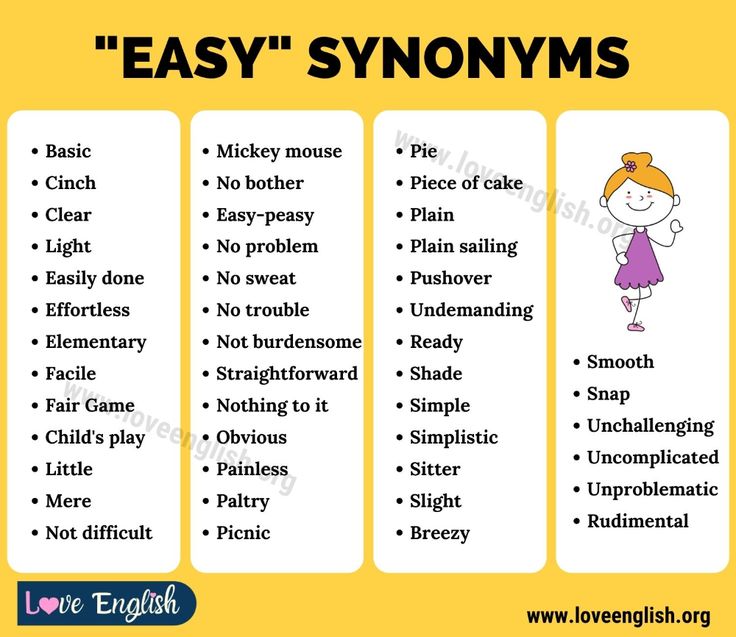
22. And
'And' is one of the most popular, versatile and basic words in English. It can be used to indicate connections, express a balance as well as join other verbs.
Good examples: 1 and 3 equals 4., Today’s weather is hot and humid.
23. But
Often used in a negative sense, 'but' contradicts the previous statement.
Good examples: I love ice cream but I’m allergic to dairy., I was sleeping but only after I worked all night.
24. Before
This word explains the recent and not so recent past. It’s not as common as other conjunctions, but it is a helpful word beginners should become familiar with.
Good examples: Before I moved to England, I lived in Mexico., Could you repeat what you said before?
25. After
Before’s antonym. Use this word to express time after an event has occurred.
Good example: After the fireworks, we cleaned up our campground and went home.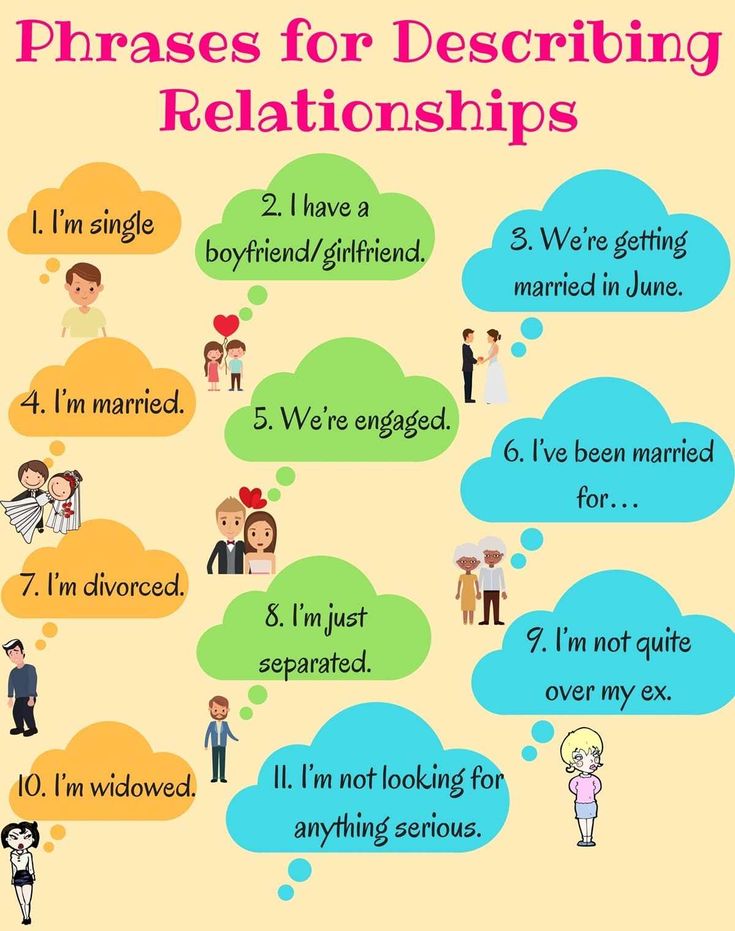
26. When
While not the most common word, ‘when’ is helpful in asking a range of questions related to time. It also works when describing times from the past. Good examples: When will you get home tonight? He liked to say he knew her when she wasn’t a celebrity.
English
Prepositions27. Of
'Of' works in many ways. It can be used to express a relationship between verb and object, or a part and a whole. It's a useful 'must-know' word.
Good examples: The leg of her pants., He was the king of kings when playing chess.
28. In
'In' works when describing both space, time or something more abstract.
Good examples: In Spain, the sun shines bright., We walked in the park for hours., In politics, it’s a dangerous game.
29. To
'To' is another excellent versatile word. It describes movement, direction, purpose and even relation in time.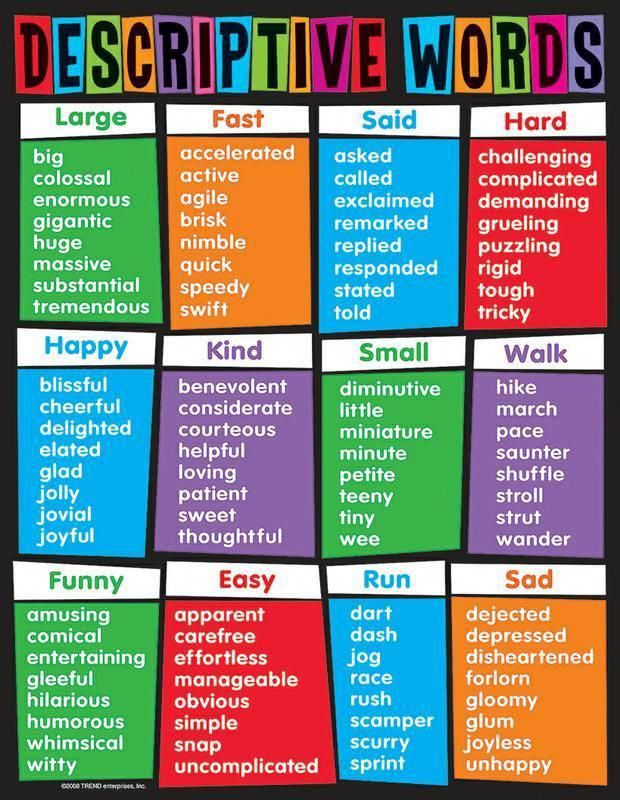
Good example: To infinity, and beyond! From 1985 to 2001, they lived in the house at the corner.
30. For
Another versatile word to learn. While it has several uses, 'for' is one to remember when intending ownership and purpose for the most part.
Good examples: Those bags are for your mother., We walked for days to get to the end of the road.
31. With
When accompanied by a trait or physical being, 'with' is the word to use.
Good example: I am playing baseball with my cousin today.
32. On
If you are standing on top, attached or covering something, 'on' works in every scenario. No wonder it is one of the most popular words in the language.
Good example: He sits on a chair on the hill.
33. At
Use 'at' to describe your location in time or place.
Good examples: I will be at the cafe at 5 pm.
34.
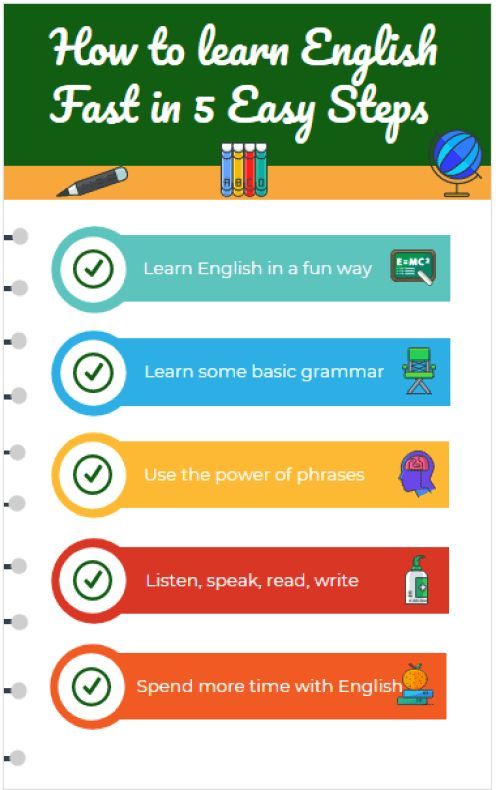 From
From'From' is a bit like at, except that it indicates a point of origin.
Good example: The flight arrives from Miami in one hour.
35. Like
This is a great word for pointing out similar figures or ideas. However, it also works as a way to express your happiness with something.
Good examples: The baby wailed like a banshee all night., I like winter the most.
36. Hey/Hi (mention one being more formal)
Both words are important to know. You will likely hear ‘hey’ more often, but ‘hi’ is a more formal approach without saying ‘hello.’
Good examples: Hey, how are you today?, Hi, I’m doing well, thanks.
37. Now
Like ‘before’ and ‘after’ now indicates the time at the present moment.
Good example: Now would be a good time to start working.
38. Please
Use this when asking for help or ordering an item from a vendor.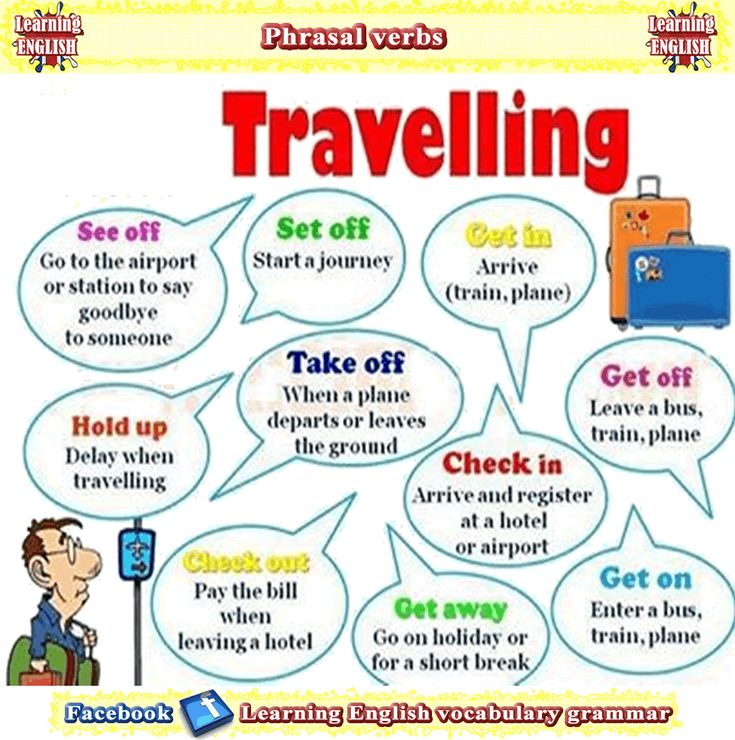
Good examples: Can you please help me with this question?, Give me a coffee, please.
39. What
Use this word to seek information on specific topics or subjects.
Good examples: What did you do last night?, He said what?
40. Yes
An essential word to English. Use this word to agree or accept something.
Good examples: Yes it is hot today., Yes, I agree that it is hot today.
41. No
To signal a negative response, the opposite of ‘yes’ works best.
Good examples: No, I don’t like chocolate., You have no idea how much I don’t like chocolate.
Hope this list of basic English words was useful for you. Is there a word that we missed out on?
Let us know below and share it with the community!
100 Basic English Words to Learn (Vocabulary) 📓 123 Bien
These are the most important 100 basic English words to learn – they as so common as to account for 50% of speaking, reading, and writing.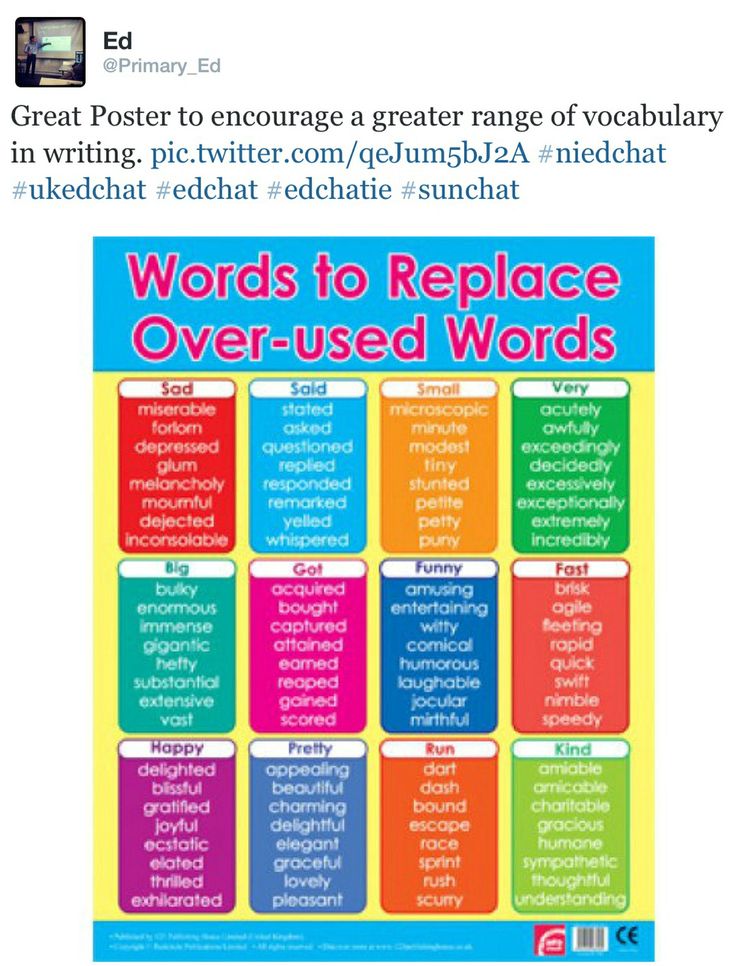 This basic vocabulary list provides the foundation for speaking English.
This basic vocabulary list provides the foundation for speaking English.
Repeat the sentences below to help you understand the meaning all these terms. Our basic English lessons are built with this important vocabulary list.
Listen 🔉 Read 🔎 Repeat 🔁
Verbs with example phrase (with audio Mp3)| be | 🙂 | Be happy. |
| have | 🖐️ | Have a good day. |
| do | 💪 | Do the work. |
| say | 🗨️ | Say, “Hello.” |
| get | 🛠️ | Get to work. |
| make | 👩🍳 | Make some food. |
| go | 🛵 | Go for a drive. |
| know | 🎓 | I know a lot. |
| take | 🎫 | Take a number. |
| see | 👓 | I can see. |
| come | 🧲 | Come to me. |
| think | 🤔 | I think so. |
| look | 👀 | Look at that.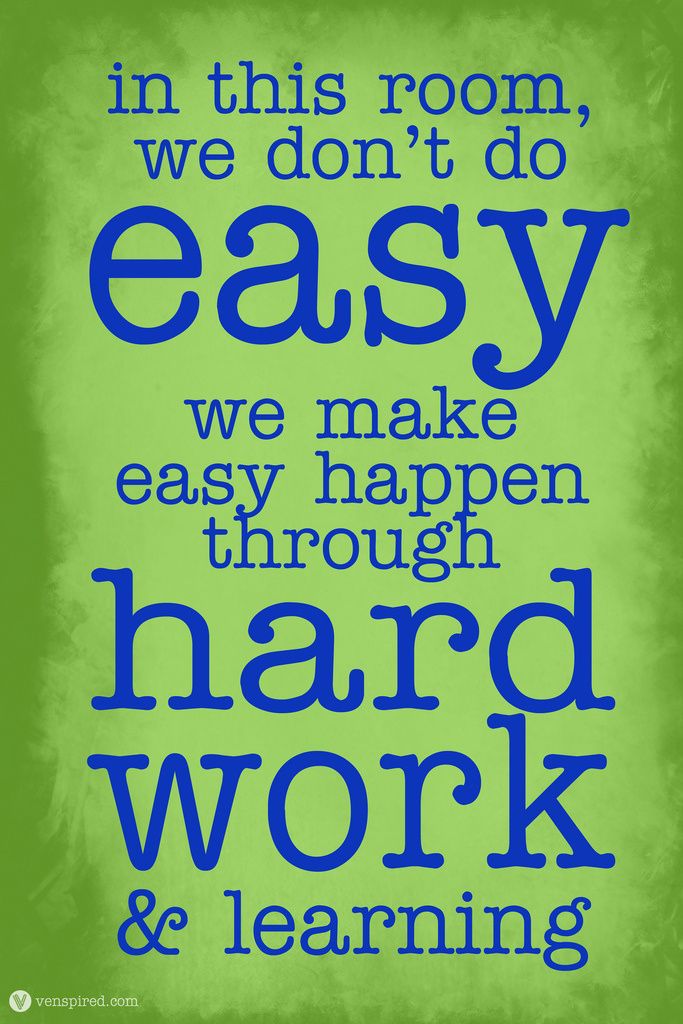 |
| want | 😋 | I want to eat. |
| give | 🎁 | Give me a gift. |
| use | 🍴 | Use a fork. |
| find | 🔍 | Find the answer. |
| tell | 🎤 | Tell your story. |
| ask | 🙋 | Ask a question. |
| work | 🔨 | I work hard. |
| seem | 🤔 | You seem lost. |
| feel | 🤗 | I feel happy. |
| try | 😣 | Try again. |
| leave | 🚶♂️ | I will leave. |
| call | 📱 | Call me. |
Listen 🔉 Read 🔎 Repeat 🔁
Nouns with example phrase (with audio Mp3)| person | 😃 | This person is happy. |
| man | 👨 | The man is nice. |
| woman | 👩 | The woman is young. |
| child | 🧒 | The child is small.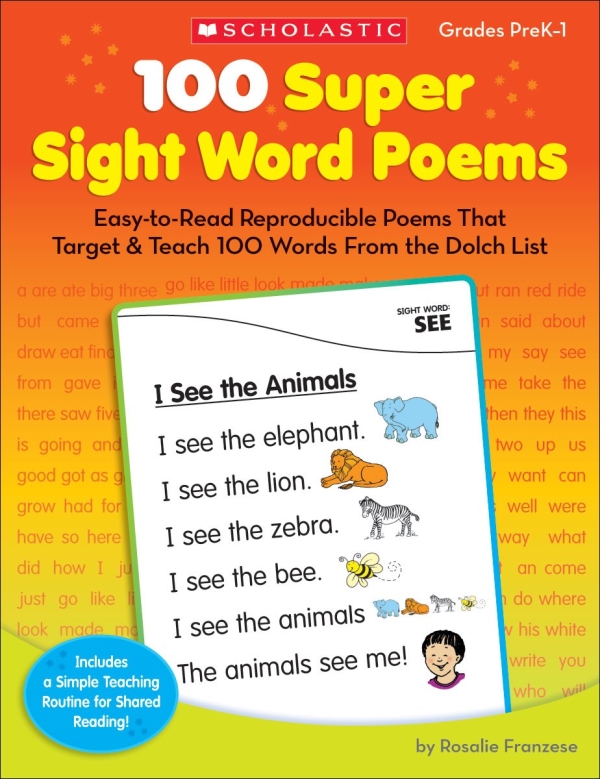 |
| time | ⏰ | The time is 7am. |
| year | 🎉 | The year is 2019. |
| week | 📅 | A week is 7 days. |
| day | 📆 | This is a good day. |
| way | 🛣️ | Come this way. |
| thing | ❔ | What is that thing? |
| world | 🌎 | The world is big. |
| life | ⚕️ | Life is good. |
| hand | ✋ | My hand is clean. |
| part | 🧩 | I like this part. |
| eye | 👁️ | My eye is open. |
| place | 🗺️ | This is the place. |
| work | 🔨 | My work is important. |
| case | 📁 | USCIS case number |
| point | 📌 | I see your point. |
| government | 🏛️ | I like the government. |
| company | 🏭 | Her company is new.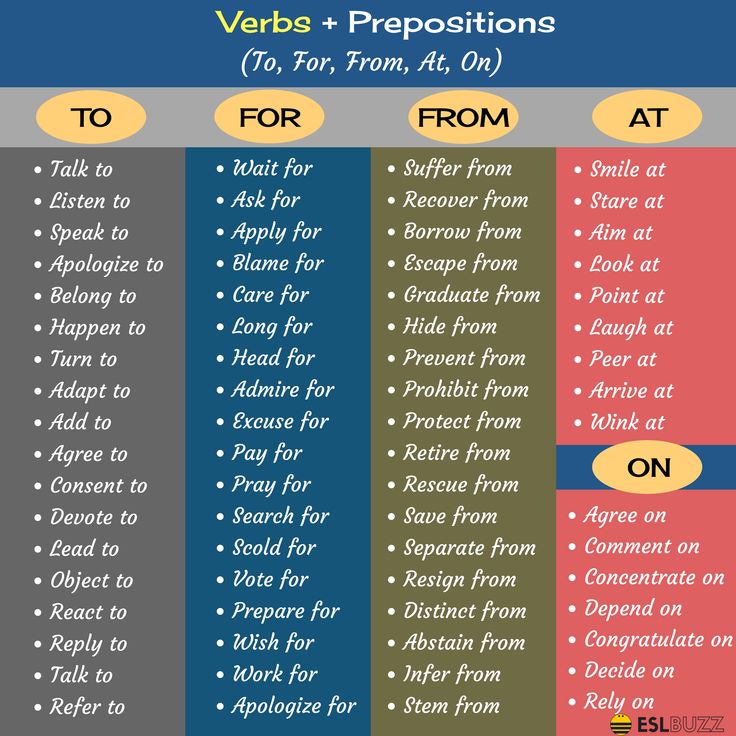 |
| number | 🔢 | This is my number. |
| group | 👨👩👦 | The group is big. |
| problem | 🤦 | I have a problem. |
| fact | 📚 | That is a fact. |
Listen 🔉 Read 🔎 Repeat 🔁
Adjectives with example phrase (audio Mp3)| good | 👍 | Good work. |
| new | 🌅 | It is a new day. |
| first | 🥇 | This is my first job. |
| last | 🤷 | That was last time. |
| long | ✈️ | It was a long way. |
| great | 👷♀️ | She is a great boss. |
| little | 🚗 | I have a little car. |
| own | 🏠 | I want my own home. |
| other | 🏨 | I like the other place. |
| old | 🏚️ | It is an old house. |
| right | 📲 | This is the right number.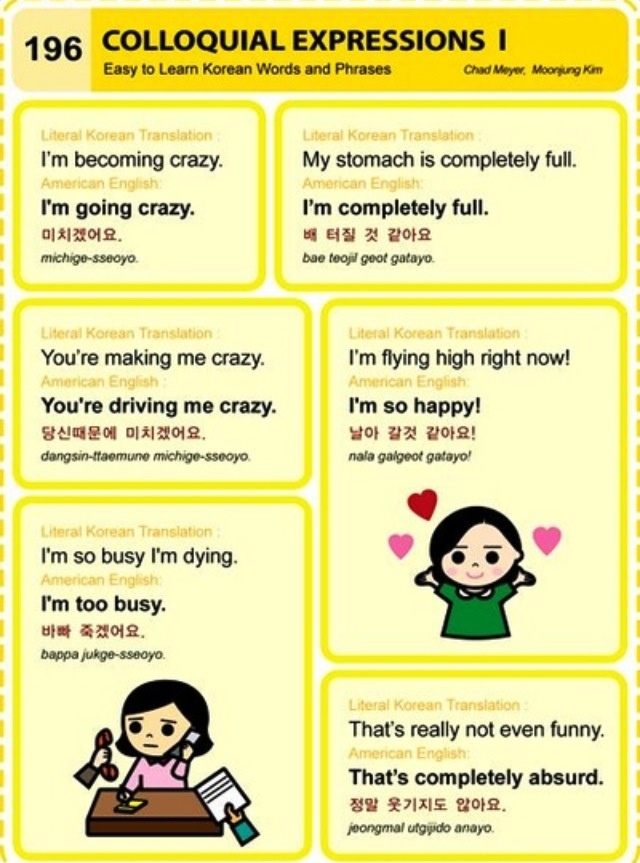 |
| big | 👪 | It was a big group. |
| high | 🔢 | It is a high number. |
| different | ⌚ | I have a different time. |
| small | 🌎 | It is a small world. |
| large | 🏬 | That is a large place. |
| next | 📅 | That is next week. |
| early | 🤤 | I like early lunch. |
| young | 🧒 | He is a young child. |
| important | 👩✈️ | She is an important person. |
| few | 🗓️ | Give me a few days. |
| public | 🏞️ | It is a public place. |
| bad | 😥 | You have a bad problem. |
| same | ⏲️ | Come at the same time. |
| able | 🧰 | I am able to work. |
Listen 🔉 Read 🔎 Repeat 🔁
Prepositions with example phrase (audio Mp3)| to | Go to work |
| of | a lot of people |
| in | Get in place |
| for | Come for the day |
| on | Be on time |
| with | Stay with my child |
| at | Good at work |
| by | Wait by the car |
| from | I am from New York |
| up | Go up to the place |
| about | Tell me about life |
| into | Come into work soon |
| over | Go over there next week |
| after | Call me after work |
Listen 🔉 Read 🔎 Repeat 🔁
Other common vocabulary – with example phrase| the | the child |
| and | man and woman |
| a | a day |
| that | that place |
| I | I like you |
| it | It is nice.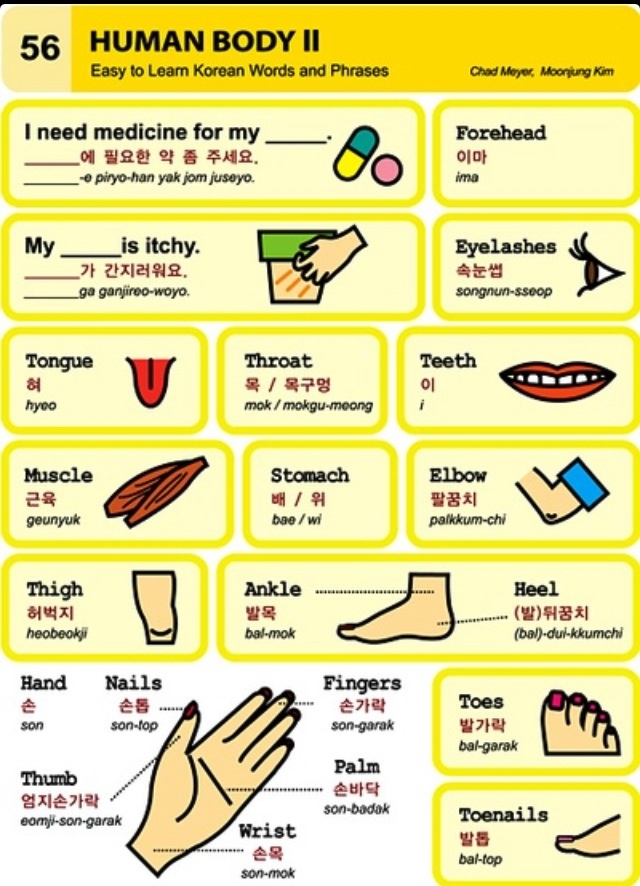 |
| not | Not my place |
| he | He is nice. |
| as | as a child |
| you | You are nice |
| this | This is the place |
| but | But not today |
| his | His car |
| they | They are here |
| her | Her mother |
| she | She is nice |
| or | Yes or no |
| an | an eye for an eye |
| will | I will call you |
| my | My first job. |
| one | One at a time |
| all | All the same |
| would | I would like that |
| there | There is a place to stay |
| their | Their home is nice |
My first words: English words for children
How to raise a polyglot child? The answer is simple: start learning languages with him as early as possible.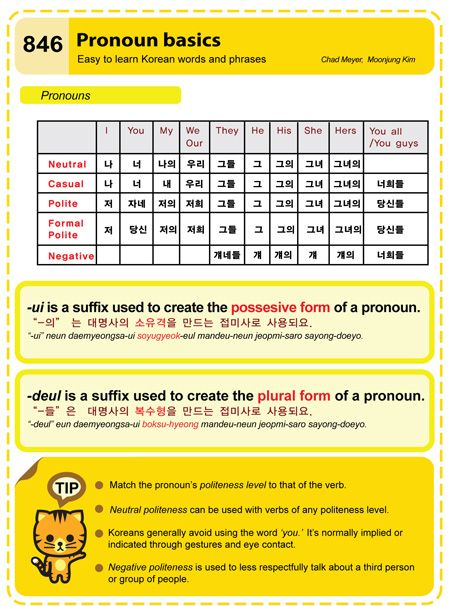 Basic English will be an excellent foundation for the future knowledge of the baby and will help develop learning skills, because the brain of children at an early age absorbs an almost endless amount of information like a sponge. The main thing is to present it correctly.
Basic English will be an excellent foundation for the future knowledge of the baby and will help develop learning skills, because the brain of children at an early age absorbs an almost endless amount of information like a sponge. The main thing is to present it correctly.
In this article you will find not only simple first English words for children, but also recommendations for learning them. Open to your kid the fascinating world of English!
At what age do we start teaching?
Opinions of experts and parents themselves about the age at which it is worth starting to learn English with a child differ. Of course, you can start singing lullabies to your baby in English even from infancy, but your strength will be almost wasted.
Most agree that the most optimal age from which the average child begins to adequately learn English as a foreign language is 2.5-3 years. It is believed that at this age the process of formation of native speech is already ending.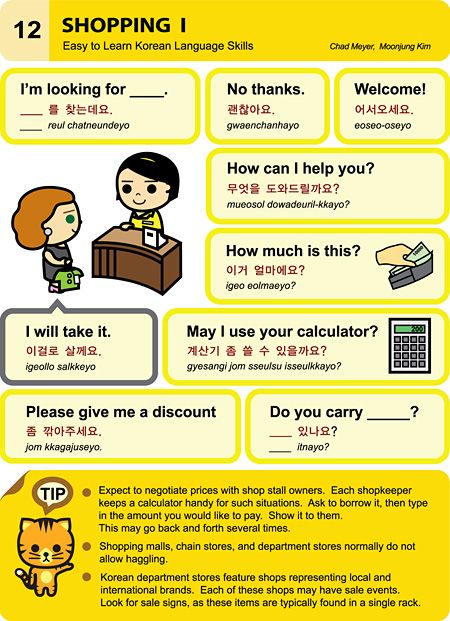 That is, the child must be able to clearly pronounce Russian sounds and words, as well as build sentences and have a coherent speech.
That is, the child must be able to clearly pronounce Russian sounds and words, as well as build sentences and have a coherent speech.
The exceptions here are when the child grows up in a multicultural environment. For example, if the mother is Russian and the father is English, then it is possible to communicate with the child in two languages from the very beginning. True, then your child will be funny to form sentences, and questions like: “Mom, can I have an apple” will constantly sound in the house.
This approach is good when the family lives abroad, where the main language is a foreign one. As the child gets older and starts attending kindergarten, the child will understand the difference between the languages of his parents and begin to use the words in the correct context. This applies, by the way, not only to English, but also to any foreign language.
If you want your child to speak only English from the very beginning, you can create an artificial multicultural environment.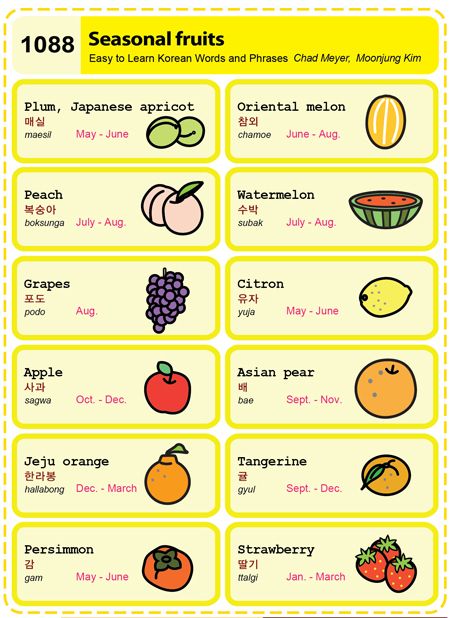 For example, at home talking with the baby only in a foreign language.
For example, at home talking with the baby only in a foreign language.
Is it possible to send a child to a language nursery or kindergarten with an English focus? Then do it without any hesitation. So the multicultural environment will be natural for the child: in the nursery they will communicate with him mainly in English, and at home you will be able to talk with the baby in Russian. In specialized language kindergartens, teachers will help your child learn English in a natural environment, and at home you can consolidate knowledge with him through various games and riddles.
If it is not possible to send your child to a language kindergarten, start learning English at home using the same methods that you used to learn your native language with him.
How to learn English with a child?
At a young age, of course, we are not talking about grammar or writing English words. To begin with, the child needs to learn how to pronounce sounds correctly, remember letters and form a basic vocabulary.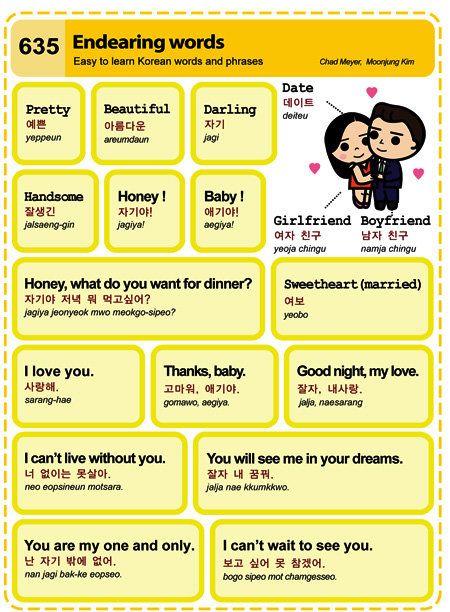 By the way, it will be much easier for a kid than for an adult to remember the correct pronunciation of English sounds, which are so different from Russian ones. They will not have to rebuild their articulation apparatus as much as we, adults, who have been speaking their native language for many years.
By the way, it will be much easier for a kid than for an adult to remember the correct pronunciation of English sounds, which are so different from Russian ones. They will not have to rebuild their articulation apparatus as much as we, adults, who have been speaking their native language for many years.
Here is a list of skills to develop in a preschooler first:
- listening to speech
- speaking
- reading
To make learning English not a burden for a child, add an element of play to the learning process.
Get a colorful glove doll and make it a kind of "teacher" for your child. Introduce your baby to a new toy and say that it only understands English, which means that in order to play with it, the child needs to learn an interesting new language. So this toy will become the main intermediary between you and your child in learning English.
First of all, learn the alphabet and the correct pronunciation of letters and basic sounds with your child.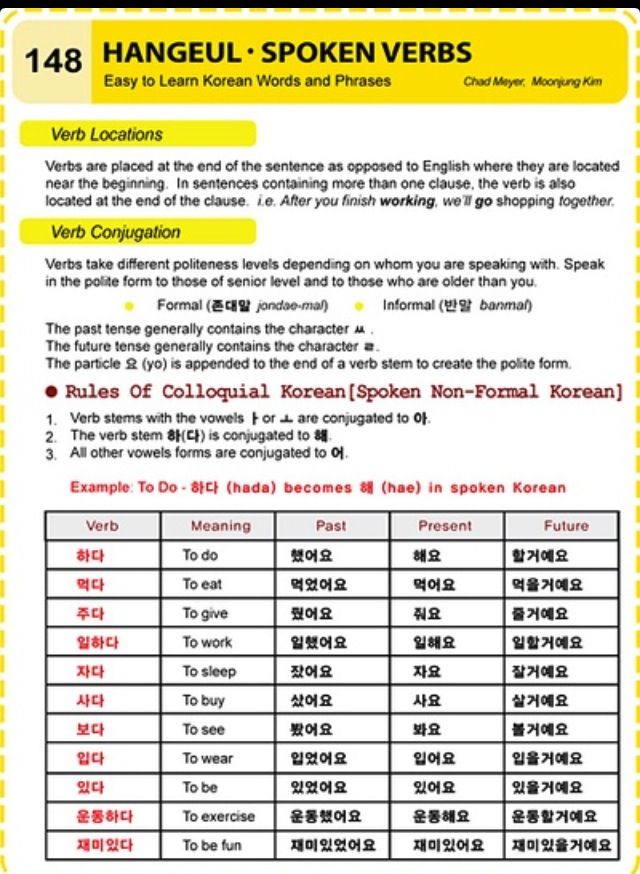 Make it better with the help of the popular ABC Song. This is how the English alphabet is taught all over the world, not only by foreigners, but also by native speakers themselves.
Make it better with the help of the popular ABC Song. This is how the English alphabet is taught all over the world, not only by foreigners, but also by native speakers themselves.
Next - form basic English for children: words and simple phrases. For example, make cards for basic words that the child already knows in their native language. These can be household items, animals, body parts, etc. It is better that the cards are bright, with the spelling of a word and a picture symbolizing a particular subject. You can stick these cards on household items so that the child constantly sees the names of objects in English and memorizes them automatically.
Incorporate English words into your regular vocabulary when communicating with your child. In the context of what is happening around the baby, it will be much easier to understand and learn the language. Playing at home or being outside, use the phrases and words you have already learned. If a child tells you: “Mom, look, a kitty!” Then answer: “Yes, it’s true, it’s a cat.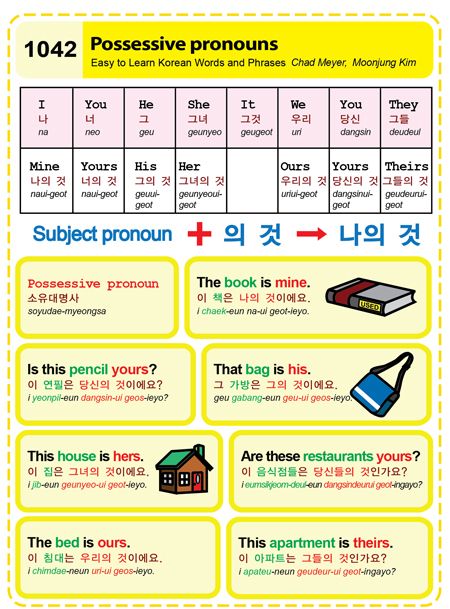 How would it be in English? A cat. This is a cat.
How would it be in English? A cat. This is a cat.
By the way, it's better to start learning not just individual words, but whole phrases at once, as in the example above. That is, to acquaint with the very, very basic grammar. After all, if you tell your child only words, he will only know the translation, and if you start using whole sentences, then he will memorize in sentences.
Visualization and variety are important for learning English with a child. Children may enjoy books in English with colorful pictures that can be read together at bedtime instead of the usual Russian fairy tales. Also, do not forget about special educational cartoons in English, where bright characters tell the child about the basics of the language or teach him the alphabet.
Play fun, educational games with your little one so they don't get bored while learning English. It can be cards, pantomimes, drawings and much more.
Basic set of words with transcription and translation
The first English words for children to start learning the language with are those that surround the child every day.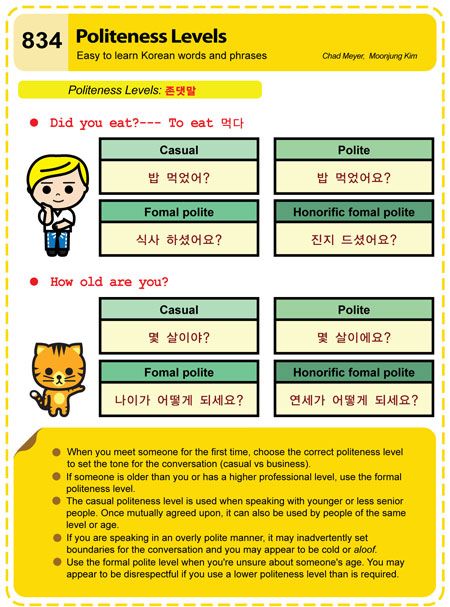 Below you will find a list of such words by topic.
Below you will find a list of such words by topic.
Family [ˈfæmɪli] - family
Mother [ˈmʌðə] - mother
Father [ˈfɑːðə] - father
Brother [ˈbrʌðə] - brother
Sister [ˈsɪstə] - sister
Grandmother [ˈgrænˌmʌðə] - grandmother
Grandfather [ˈgrændˌfɑːðə] - grandfather
Body [ ˈbɒdi ]
Head [head] - head
Hair [heə] - hair
Eyes [aɪz] - eyes
Nose [nəʊz] - nose
Teeth [tiːθ] - teeth
Lips [lɪps] - lips
Ears [ɪəz] - ears
Neck [nek] - neck
Shoulders [ˈʃəʊldəz] - shoulders
Leg [leg] - leg
Feet [fiːt] - feet
Pets [ pets ]
Dog [dɒg] - dog
Cat [kæt] - cat
Kitten [ˈkɪtn] - kitten
Puppy [ˈpʌpi] - puppy
Rabbit [ˈræbɪt] - rabbit
Parrot [ˈpærət] - parrot
Fish [fɪʃ] - fish
Hamster [ˈhæmstə] - hamster
Snake [sneɪk] - snake
Turtle [ˈtɜːtl] - turtle
Animals [ ˈænɪməlz ]
Goat [gəʊt] - goat
Pig [pɪg] - pig
Sheep [ʃiːp] - sheep
Horse [hɔːs] - horse
Cow [kaʊ] - cow
Goose [guːs] - goose
Chicken [ˈʧɪkɪn] - chicken
Duck [dʌk] - duck
Cockerel [ˈkɒkərəl] - cock
Fox [fɒks] - fox
Wolf [wʊlf] - wolf
Bear [beə] - bear
Hare [heə] - hare
Elephant [ˈelɪfənt] - elephant
Tiger [ˈtaɪgə] - tiger
Lion [ˈlaɪən] - lion
Crocodile [ˈkrɒkədaɪl] - crocodile
Giraffe [ʤɪˈrɑːf] - giraffe
Colors
Red [red]
Green [griːn] - green
Blue [bluː] - blue
Orange [ˈɒrɪnʤ] - orange
Yellow [ˈjeləʊ] - yellow
Pink [pɪŋk] - pink
Gray [greɪ] - gray
Black [blæk] - black
White [waɪt] - white
Purple [ˈpɜːpl] - purple
Brown [braʊn] - brown
Food
Water [ˈwɔːtə] - water
Tea [tiː] - tea
Juice [ʤuːs] - juice
Sugar [ˈʃʊgə] - sugar
Salt [sɒlt] - salt
Yogurt [ˈjɒgət] - yogurt
Bread [bred] - bread
Milk [mɪlk] - milk
Cheese [ʧiːz] - cheese
Eggs [egz] - eggs
Butter [ˈbʌtə] - oil
Meat [miːt] - meat
Cookies [ˈkʊkiz] - cookies
Chocolate [ˈʧɒkəlɪt] - chocolate
Fruits [ fruːts ]
Apple [ˈæpl] - apple
Pear [peər] - pear
Orange [ˈɒrɪnʤ] - orange
Banana [bəˈnɑːnə] - banana
Lemon [ˈlemən] - lemon
Pineapple [ˈpaɪnˌæpl] - pineapple
Grapes [greɪps] - grapes
Kiwi [ˈkiːwi:] - kiwi
Tangerine [tæn(d)ʒəˈriːn] — Mandarin
Melon [ˈmelən] - melon
Watermelon [ˈwɔːtəˌmelən] - watermelon
Peach [piːʧ] - peach
Vegetables
Carrot [ˈkærət] - carrot
Onion [ˈʌnjən] - bow
Garlic [ˈgɑːlɪk] - garlic
Tomato [təˈmɑːtəʊ] - tomato
Cabbage [ˈkæbɪʤ] - cabbage
Pepper [ˈpepər] - pepper
Potato [pəˈteɪtəʊ] - potato
Cucumber [ˈkjuːkʌmbə] - cucumber
House [haʊs]
Bedroom [ˈbedruːm] - bedroom
Living room [ˈlɪvɪŋ ruːm] - living room
Kitchen [ˈkɪʧɪn] - kitchen
Bathroom [ˈbɑːθruːm] - bathroom
Fridge [frɪʤ] - refrigerator
Cooker [ˈkʊkə] - plate
Table [ˈteɪbl] - table
Chair [ʧeə] - chair
Sofa [ˈsəʊfə] - sofa
Bed [bed] - bed
Window [ˈwɪndəʊ] - window
Mirror [ˈmɪrə] - mirror
Towel [ˈtaʊəl] - towel
Toothbrush [ˈtuːθbrʌʃ] - toothbrush
Toothpaste [ˈtuːθpeɪst] - toothpaste
Wardrobe [ˈwɔːdrəʊb] - wardrobe
Cup [kʌp] - mug
Plate [pleɪt] - plate
Bowl [bəʊl] - bowl
Fork [fɔːk] - fork
Spoon [spuːn] - spoon
Knife [naɪf] - knife
Clock [klɒk] - hours
Clothes [ kləʊðz ]
Dress [dres] - dress
Skirt [skɜːt] - skirt
Shirt [ʃɜːt] - shirt
T-shirt [ˈtiːʃɜːt] - T-shirt
Jeans [ʤiːnz] - jeans
Trousers [ˈtraʊzəz] - pants
Shorts [ʃɔːts] - shorts
Jumper [ˈʤʌmpə] - sweater
Suit [suːt] - suit
Coat [kəʊt] - coat
Hat [hæt] - hat
Socks [sɒks] - socks
Months [ mʌnθs ] - months
January [ˈʤænjʊəri] - January
February [ˈfebrʊəri] - February
March [mɑːʧ] - March
April [ˈeɪprəl] - April
May [meɪ] - May
June [ʤuːn] - June
July [ʤu(ː)ˈlaɪ] - July
August [ˈɔːgəst] - August
September [sepˈtɛmbər] - September
October [ɒkˈtəʊbə] - October
November [nəʊˈvembə] - November
December [dɪˈsembə] - December
Weather [ ˈweðə ]
Sun [sʌn] - sun
Rain [reɪn] - rain
Cloud [klaʊd] - cloud
Wind [wɪnd] - wind
Snow [snəʊ] - snow
Fog [fɒg] - fog
Cold [kəʊld] - cold
Hot [hɒt] - hot
Winter [ˈwɪntə] - winter
Spring [sprɪŋ] - spring
Summer [ˈsʌmər] - summer
Autumn [ˈɔːtəm] - autumn
This list of first English words for children is far from complete.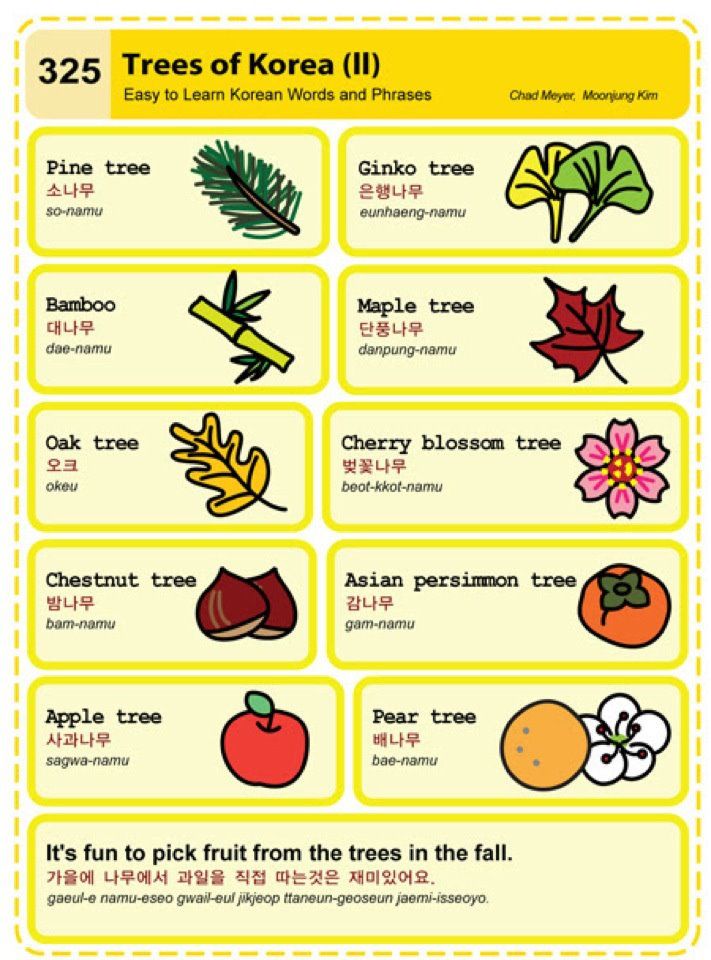 Include in it those words that the child encounters daily.
Include in it those words that the child encounters daily.
And most importantly, do not forget: in order to teach your child English from an early age, you need to be confident in your knowledge. You can check your level of English before you start learning the language with your child here.
100 useful conversational phrases in English
There are phrases that can be useful in any country and in any situation - when studying the language on our own or in English courses, we must first of all pay attention to those expressions that often help us survive - in the truest sense of the word, in unfamiliar conditions.
The following are simple English words and expressions that will help you avoid getting lost in an unfamiliar place, asking for help or helping yourself, or just being polite:
How to say hello
| Hello | Hello! |
| Hi | Hello! |
| Good morning | Good morning! |
| Good afternoon | Good afternoon! |
| Good evening | Good evening! |
Promo code for English lessons at Skyeng
Get your promo code and get up to 3 English lessons at our school as a gift
Ways to Say Goodbye
| Goodbye | Goodbye! |
| Bye | Bye! |
| Good night | Good night! |
| See you soon! | |
| Have a nice day | Have a nice day! |
Courtesy
| Please | please |
| Thank you ( or Thanks) | thanks |
| Thank you very much | thank you very much |
| You're welcome | please (in response to "thank you") |
| Don't mention it | not worth a thank you |
| Not at all | for nothing |
| I'm sorry ( or Sorry) | sorry |
| Excuse me | sorry (also used to get attention) |
| No problem | it's okay |
| It's ok or That's ok | all right |
| Don't worry about it | don't worry |
100 phrases for tourists and travelers
How to better understand the interlocutor and be understood yourself
| Do you speak English? | Do you speak English? |
| I don't speak English | I don't speak English |
| I speak a little English | I speak some English |
| Please speak more slowly | Please speak slowly |
| Could you please repeat that? | Please repeat |
| Could you please spell that? | Spell please |
How do you say .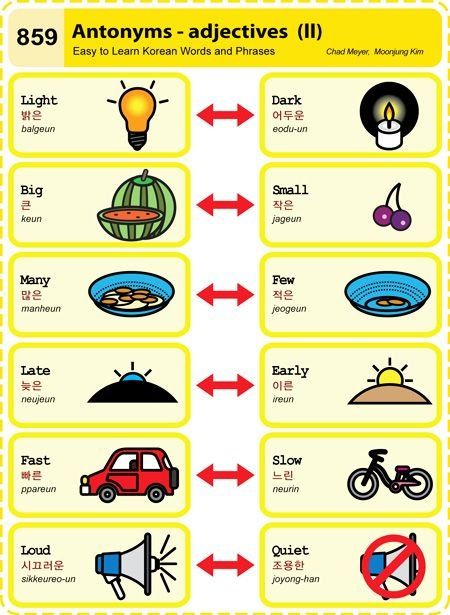 .. in English? .. in English? | How would you say ... in English? |
| How do you spell that? | How is it spelled? |
| How do you pronounce this word? | How to pronounce this word? |
| I understand | I understand |
| I don't understand | I don't understand |
These phrases will help you not get lost in a strange city
How to ask or give directions
| Could you tell me how to get to the ...? | Can you tell me how to get to...? |
| Do you know where the ... is? | Do you know where is...? |
| How far is the…? | How far is it to.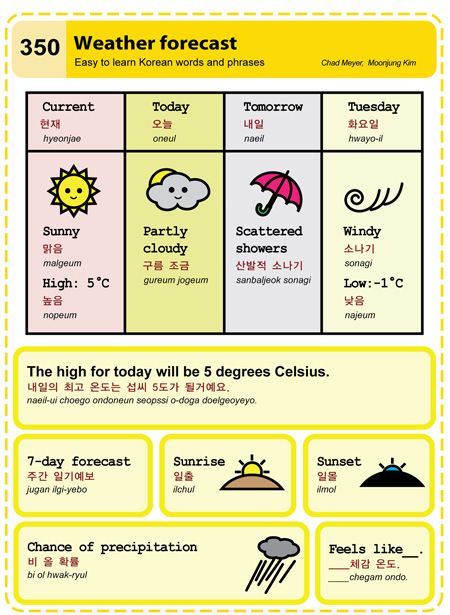 ..? ..? |
| airport | airport |
| train station | railway station |
| bus station | bus station |
| Can you show me on the map? | Can you show me on a map? |
| I'm looking for this address | I am looking for this address |
| It's this way | This is here |
| It's that way | This is there |
| You're going the wrong way | you are going the wrong way |
| Take this road | Follow this road |
| Turn left | Turn left |
| Turn right | Turn right |
| Go straight ahead | Go straight ahead |
| Take the first turn on the left | Turn left at the first exit |
| Take the second turn on the right | Turn right at the second turn |
| Turn left at the crossroads | Turn left at the crossroads |
| Continue straight ahead | Keep going straight ahead |
| Continue past the post office | Pass (drive) past the post office |
| You'll pass a park on your left | Park | will be on the left
| Keep going for another… | Walk more.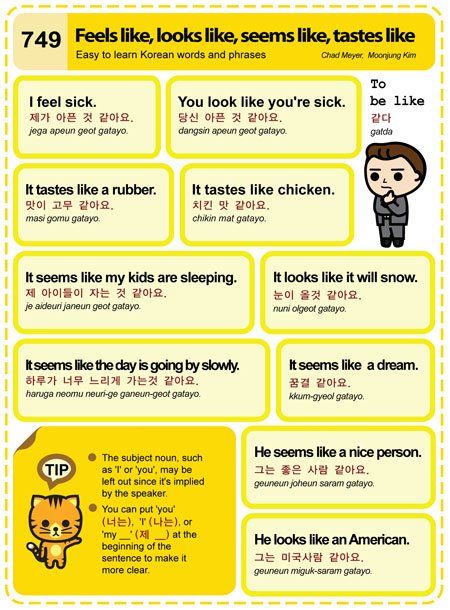 .. .. |
| two hundred yards | two hundred yards (1 yard ≈ 0.9 m) |
| hundred meters | hundred meters |
| half-mile | half mile (1 mile ≈ 1.6 km) |
| kilometers | kilometer |
| It'll be… | It will be... |
| on your left | to your left |
| on your right | to your right |
| straight ahead of you | right in front of you |
100 phrases for tourists and travellers.
Most common signs
| Entrance | Entrance |
| Exit | Exit |
| Emergency exit | Emergency exit |
| Push | Push |
| Pull | Self |
| WC | Toilet |
| Out of order | Out of service |
| No smoking | No smoking |
| Private | Private property |
| No entry | No entry |
Emergency Phrases
We hope you don't need the phrases in this section, but you should still know them.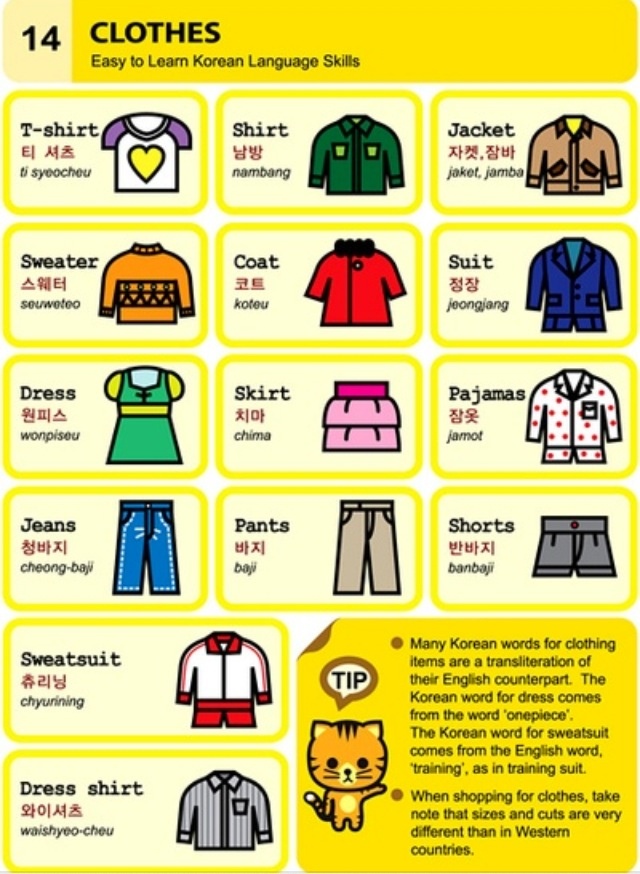
It is also worth remembering the emergency numbers - 911 in the US and Canada and 999 in the UK.
| Help! | Help! |
| Be careful! | |
| Look out! or watch out! | Beware! |
| Is anything wrong? | Is something wrong? |
| What's the matter? | What's the matter? |
| Is everything ok? | Is everything all right? |
| What's going on? | What's going on? |
| What happened? | What happened? |
| Are you ok? | Are you okay? |
| Is everyone ok? | Are you all right? |
Medical problems:
| I need help | I need help | |
| I need a doctor | I need a doctor | |
| Call an ambulance! | Call an ambulance! | |
| There's been an accident | An accident has occurred | |
| I've cut myself | I cut myself | |
| I've burnt myself | I got burned | |
| I've hurt my… | I damaged… | |
| leg | leg | |
| arm | arm | |
| head | head | Call the police!Call the police! |
| My … has been stolen | My … was stolen | |
| wallet | purse | |
| handbag | bag | |
| laptop | notebook | |
| I've been mugged | I was robbed | |
| I've been attacked | I was attacked |
Fire:
| Fire! | Fire! |
| Call the fire brigade! | Call the firemen! |
| There's a fire | There's a fire |
| The building is on fire | Building on fire |
Other problems:
| I'm lost | I got lost |
| We're lost | We got lost |
| I can't find my… | I can't find.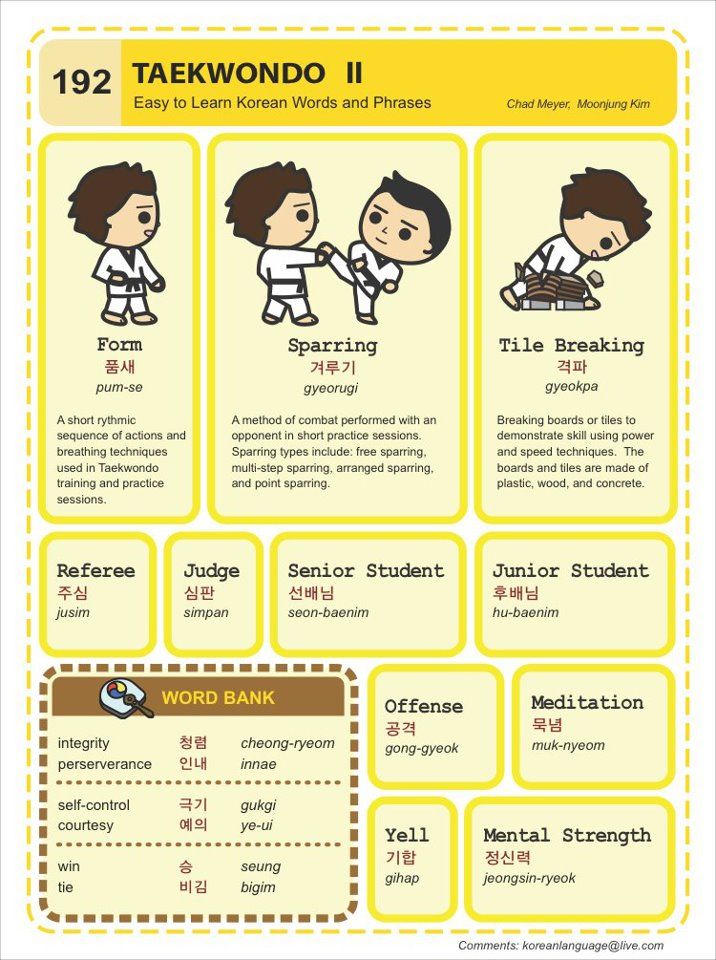 |

